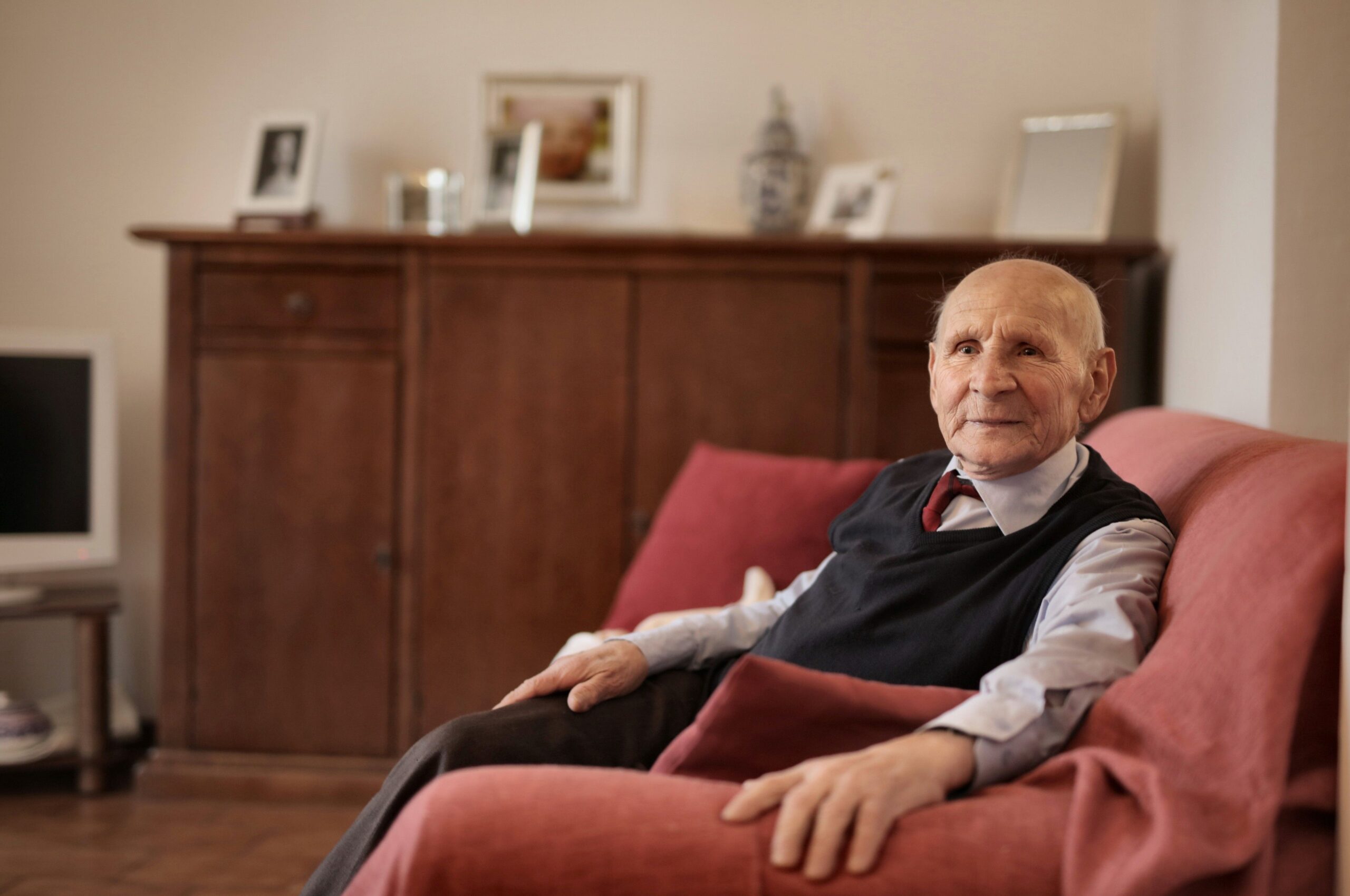Personal health budgets for mental health
The national personal health budget evaluation (2014) found that personal health budgets had particularly positive impacts for those with mental health conditions. The pilot programme included more than 20 areas that offered personal health budgets for mental health and found that the use of PHBs resulted in significant improvement of people’s quality of life and wellbeing and were cost effective. These areas worked with a range of different populations, from older people with dementia to young people in early intervention services, and with a range of types and size of budget.
The NHS Long Term Plan published in January 2019 made a clear commitment to expand personalised care and personal health budgets, with a specific expectation that they will be offered within mental health services as part of plans for up to 200,000 people to benefit by 2023/24.
Following an announcement in February 2019, people who are eligible for section 117 aftercare under the Mental Health Act will have a legal right to a personal health budget from 2 December 2019. Further guidance is available for health and social care professionals on implementing the legal rights to personal health budgets, including section 117 after-care.
After-care services under section 117 of the Mental Health Act covers the provision or arrangement of help and support for people who have been detained in hospital under sections 3, 37, 45A, 47 or 48 of the Mental Health Act 1983, when they leave hospital.
For this group, a personal health budget may be considered whenever planning is taking place for section 117 mental health after-care needs during an admission to hospital, or at any assessment held to review the person’s section 117 after-care package of support in the community.
Personal health budgets and the recovery model
Personal health budgets are closely aligned to one of the central strands of service transformation in mental health: recovery. Adopting a recovery focused approach to mental health services means moving beyond symptom and risk management to support people to re-establish a meaningful life for themselves with their mental health condition. Recovery requires services to look beyond treatment to consider wider issues such as housing, employment and family relationships. As a highly personal journey, recovery depends on services being able to develop individually tailored approaches. Personal health budgets are a tool to support more recovery focused services by allowing individuals to define their own outcomes and design their own packages of care and support.
Content provided by NHS England. For more information, please visit www.england.nhs.uk/.

Published on Fri, 03 Dec 2021 16:09:37 GMT
Modified on Fri, 03 Dec 2021 16:12:48 GMT




